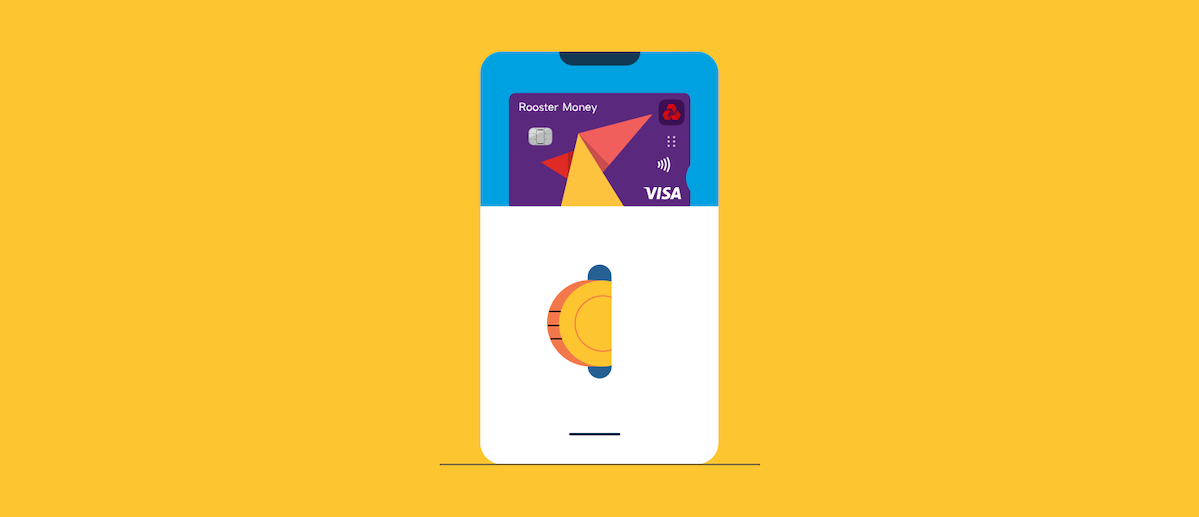Sometimes the best video games for kids can be the ones that let them learn by doing. You could try to explain to children why they should save their pocket money, or how speculative investments work, yet it might be easier for them to learn by taking out a home loan in a video game, or buying and selling turnips with their gaming pals. Teaching kids about finance isn’t easy, but we think these games all offer fun ways to learn about money, without having to make costly mistakes in real life.
Animal Crossing
Good for mortgages and investing. Suitable for kids aged three and up. Did you know Animal Crossing actually includes mortgages? When players build or expand their houses in this cutesy, open-ended social-simulation game, they can take out a home loan to pay for the building work – just like in real life!
The game also teaches players about investment and speculation, via the turnip market, which takes place once a week in Animal Crossing. Players can buy turnips at the market price, then try to profit from their purchase, by selling those turnips later in the week. However, prices can rise and fall, just like in real life, meaning a hasty turnip investment may not necessarily pay off.
Island Saver
Good for saving. Suitable for kids aged three and up. This fun, eco-focussed game, created by NatWest, lets kids learn about saving. Players can wander around a colourful desert island, clearing away nasty plastic waste, earning coins and rescuing the island’s ‘bankimals’ – crazy creatures that act like living piggy banks. In the game, gamers can also explore jungles, deserts and volcanoes, help kiwis find their missing nest eggs, and collect coins to learn all about spending and saving.
AdVenture Capitalist
Goof for entrepreneurialism. Suitable for primary school kids. This slightly silly money making game is for kids who dream of working their way from a modest lemonade stand to a billionaire’s bank balance. The game lets players begin by selling lemonade, before moving on to purchase in other drinks stands, employ managers and draw in investors. It may not directly mirror the experience of your average entrepreneur, but it’s a fun way of getting at least some insight into the way large and small businesses operate.

Roblox
Good for selling and trading. Suitable for kids aged seven and up. More a gaming platform than a single game, Roblox does encourage its players to buy, sell and make virtual items to decorate their avatars, using the platform’s currency, Robux. Not all players can trade; a paid membership is required for that privilege. However, if kids (and parents) think the subscription price is worth it, then young players can learn the basics of making, pricing and selling items, which may well prove worthwhile in later life.

Stardew Valley
Good for building up businesses. Suitable for primary and secondary school kids. Players take control of an overgrown, dilapidated farm in this game, fixing it up, before planting crops and raising livestock. They can also cook, mine, brew beer, socialise, get married and have children. However, a big focus is on getting the farm running well, investing in the right fertiliser, animals and plants, and selling the produce for a profit. It’s a gentile, small-scale version of business that’s particularly appealing to younger kids.
The Sims
Good for budgeting and home making. Suitable for kids aged 12 and up. Some parents may remember playing this classic home-making game. The Sims has changed a lot over the years, but it still teaches players the basics of putting together a place to live, as well as budgeting for purchases. Characters can even get jobs, and different professions bring with them different salaries. Sure, it isn’t an exact reflection of real life – the game does feature mermaids and werewolves – but it might help your kids explore spending, saving and earning in the digital world.
If your child likes to make in-game purchases, maybe think about giving them a Rooster Card. This prepaid kids debit card can be used online, in shops, and via gaming platforms. It can’t go overdrawn, and parents can keep an eye on purchases and even freeze the card in the Rooster Money app. Find out more and get a free one month’s trial.